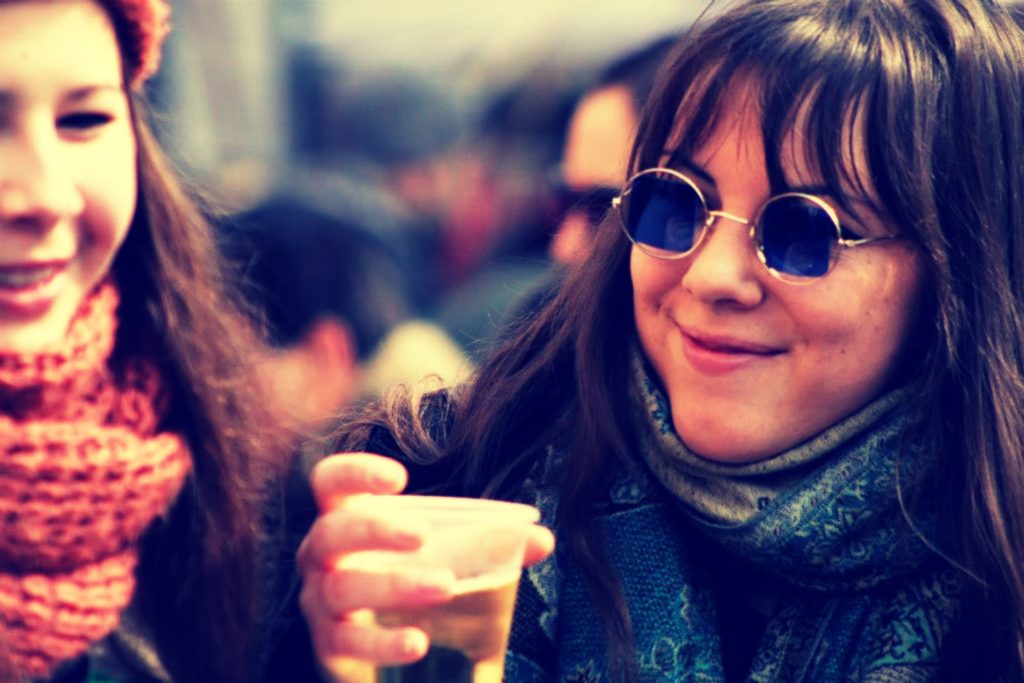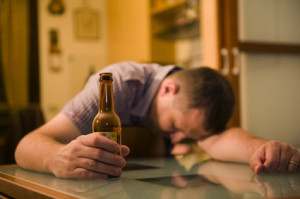
There are many forms of therapy for those struggling with alcoholism. Motivational Enhancement Programs, Cognitive Behavioral, and Coping Skills Therapy are just a few that are highly effective.
Types of Alcoholism Therapies for Change
Motivational Enhancement Programs (MEP) are those that are designed to bring awareness to the impact alcohol has had in the addict's life, family, co-workers, and community as a whole [1]. Individuals are encouraged to accept responsibility for previous and current addictions and make a commitment for behavior change in the future.
The therapist’s role is to help the person understand and accept the benefits of recovery, and create and implement a treatment plan that fits the individual.
Cognitive Behavioral Therapy (CBT) is a type of therapy that works with the individual to change negative thinking patterns, behaviors that contribute to the addiction, and create new coping skills and behaviors that are recovery-focused [1]. This therapy can help the addict acquire new tools to recognize, cope, and change problematic behaviors.
Coping Skills Therapy (CST) is a type of therapy that uses CBT and furthers it by understanding and recognizing what the person's needs are fulfilled through alcohol, and then works to find new ways to address those needs without the use of substances [1].
During therapy sessions, clients begin to work on recognizing triggers that encourage drinking, gaining and practicing new coping skills, gaining emotional regulation tools, recognizing mood patterns, and changing social outlets and friendships (if needed) to healthier ones that promote recovery.
12-Step Facilitation Therapy is a peer-support approach that encourages the addict to become involved in a 12-step program in conjunction with individual therapy [1].
Alcoholics Anonymous (AA), Smart Recovery, SOS, and Women for Sobriety are all 12-step programs that are recommended for alcoholics due to their encouraging, supportive environments. These meetings focus on abstinence and foster each individual's physical, mental, and spiritual health.
Behavioral Couples Therapy is a type of therapy that uses a combination of alcoholism recovery and relationship counseling [1]. Both partners must be committed for this type of therapy to work, and be committed to strengthening the relationship while promoting recovery. In this therapy, it is ideal that only one partner be alcohol dependent for therapy to be most effective.
 This therapy focuses on education and training around communication and support strategies for the addict. A core part of this therapy is a mutually agreed upon contract that states the alcoholic partner will commit to abstinence, the non-dependent partner will offer support and reinforcement for sobriety, and that neither partner will discuss past addictive behaviors and consequences.
This therapy focuses on education and training around communication and support strategies for the addict. A core part of this therapy is a mutually agreed upon contract that states the alcoholic partner will commit to abstinence, the non-dependent partner will offer support and reinforcement for sobriety, and that neither partner will discuss past addictive behaviors and consequences.
All approaches that are behaviorally focused combine general behavioral therapy principles of reinforcement and consequences, combined with therapeutic techniques to facilitate healthier behaviors [2]. Therapies like coping skills training, cognitive behavioral treatment, brief intervention, and relapse prevention incorporate elements of CBT and social learning theory.
Typically with behavioral approaches, the expectations regarding alcohol's effects are identified and challenged. At-risk situations are also identified and work toward building a set of coping skills to help patients approach triggers and risky situations without using alcohol.
Most of these therapies can be used in either a group or individual setting, to include residential treatment.
Additional Therapies and Treatment Options to Consider
Combined Behavioral Intervention (CBI) is a type of therapy that uses specific counseling techniques to motivate individuals with alcoholism to change drinking behaviors [3]. This approach combines various elements of theories, such as cognitive behavioral, motivational enhancement therapy, and 12-step programs.
Behavioral therapy for partners is a type of therapy for partners of alcoholics who can build skills to manage and cope with the individual in recovery. Children of alcoholic parents can also participate in this type of therapy.
Typically, this type of therapy will focus on changing the partner’s unhealthy behaviors that may enable drinking behavior, and learning healthier skills.
Therapies that work with sleep disturbances are essential and effective for those with alcohol addictions. Insomnia and sleep issues can occur months to years after sobriety is reached, and can be a factor in relapse.
Therapy that focuses on sleep hygiene, bright light therapy, meditation, relaxation methods, and other non-drug approaches can help the individual develop a healthy sleep pattern.
Alternative therapies, including acupuncture or hypnosis, are sometimes used for addiction treatment. In a recent study, acupuncture reduced the desire for alcohol in nearly half of the participants, although it was not significantly more helpful that conventional treatments [3, 4].
 Internet therapy (eTherapy) is still new to the field of addiction treatment [5]. It can offer certain characteristics that are unique and may appeal to some addicts. It is cheaper than traditional therapies, but the person must be good at expressing verbally due to email/texting format.
Internet therapy (eTherapy) is still new to the field of addiction treatment [5]. It can offer certain characteristics that are unique and may appeal to some addicts. It is cheaper than traditional therapies, but the person must be good at expressing verbally due to email/texting format.
Psychotherapy as a treatment helps a person to understand themselves, their issues, motivations, and develop health coping skills. It teaches awareness of self, and self-observation to encourage the person to change their thinking and behaviors to achieve their goals.
It can offer a safe, non-judgemental environment for the addict to express their fears, hopes, anxieties, and other internal issues.
 About the Author: Libby Lyons is a Licensed Clinical Social Worker and Certified Eating Disorder Specialist (CEDS). Libby has been practicing in the field of eating disorders, addictions, depression, anxiety and other comorbid issues in various agencies. Libby has previously worked as a contractor for the United States Air Force Domestic Violence Program, Saint Louis University Student Health and Counseling, Saint Louis Behavioral Medicine Institute Eating Disorders Program, and has been in Private Practice.
About the Author: Libby Lyons is a Licensed Clinical Social Worker and Certified Eating Disorder Specialist (CEDS). Libby has been practicing in the field of eating disorders, addictions, depression, anxiety and other comorbid issues in various agencies. Libby has previously worked as a contractor for the United States Air Force Domestic Violence Program, Saint Louis University Student Health and Counseling, Saint Louis Behavioral Medicine Institute Eating Disorders Program, and has been in Private Practice.
Libby currently works as a counselor at Fontbonne University and is a Adjunct Professor at Saint Louis University, and is a contributing author for Addiction Hope and Eating Disorder Hope. Libby lives in the St. Louis area with her husband and two daughters. She enjoys spending time with her family, running, and watching movies.
References:
[1] (n.d.) Retrieved May 1, 2017, from http://www.learn-about-alcoholism.com/types-of-alcoholism.html
[2] (n.d.) Retrieved May 1, 2017, from https://pubs.niaaa.nih.gov/publications/arh334/295-299.pdf
[3] (n.d.) Retrieved May 1, 2017, from http://www.nytimes.com/health/guides/disease/alcoholism/psychotherapy-and-behavioral-methods.html
[4] (n.d.) Retrieved May 1, 2017, from http://alcoholrehab.com/drug-addiction-treatment/psychotherapy-alcoholism-treatment/
[5] (n.d.) Retrieved May 1, 2017, from http://gracepointwellness.org/14-addictions/article/8094-group-and-individual-therapy-formats-for-alcohol-and-substance-abuse
The opinions and views of our guest contributors are shared to provide a broad perspective of addictions. These are not necessarily the views of Addiction Hope, but an effort to offer discussion of various issues by different concerned individuals.
We at Addiction Hope understand that addictions result from a combination of environmental and genetic factors. If you or a loved one are suffering from an addiction, please know that there is hope for you, and seek immediate professional help.
Published June 12, 2017.
Reviewed By: Jacquelyn Ekern, MS, LPC on June 8, 2017.
Published on AddictionHope.com
